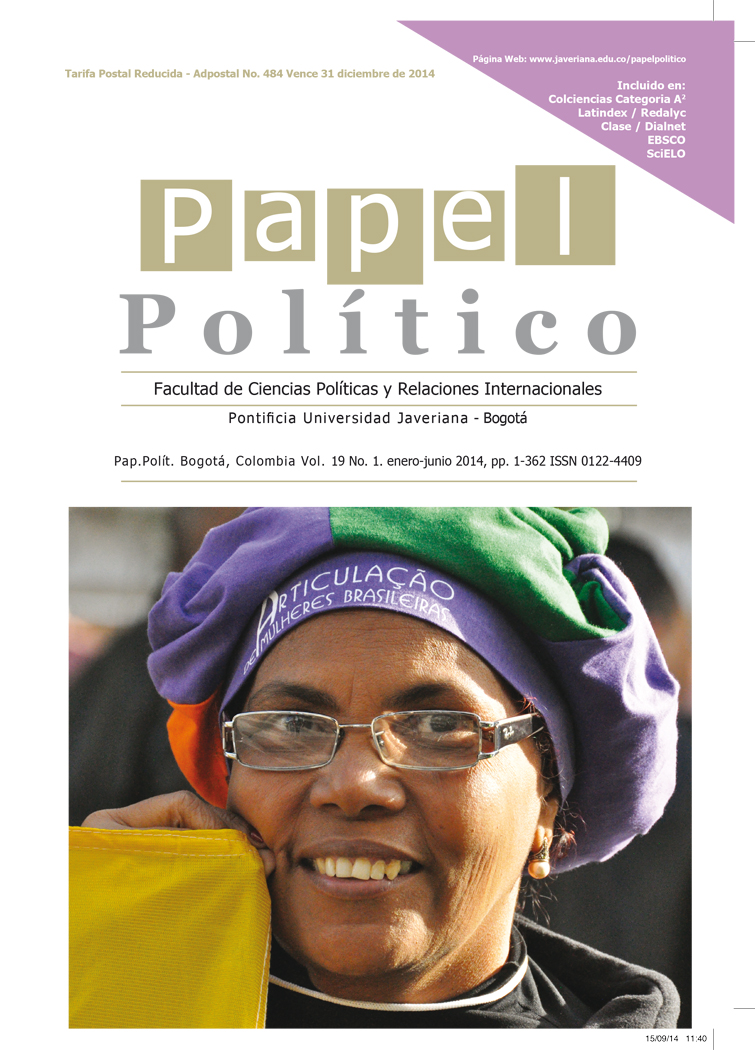Resumo
La Universidad de Manizales, a través del Centrode Investigaciones en Medio Ambiente yDesarrollo Sostenible (CIMAD) y la Maestría enDesarrollo Sostenible y Medio Ambiente, elabora y ejecuta el proyecto de investigación “Estado yprospectiva de las posibilidades de adaptacióny mitigación de impacto del cambio climáticoen diferentes regiones del país”. Este proyectopretende, entre otros objetivos, conocer las condicionesmitigantes de los impactos del cambioque puedan estar presentes en las poblacionesvulnerables y su disposición a la prevención, asícomo describir las acciones de mitigación delriesgo desarrolladas a nivel estatal y privado.En este artículo se dan a conocer las condicionesde mitigación en la Costa Atlántica Colombianay las acciones públicas y privadas que se estándesarrollando para alcanzar este cometido,entendiéndose mitigación como la intervenciónhumana para reducir los impactos del climasobre la población afectada por fenómenos climáticosa través de estrategias de reducción defuentes y emisiones de gases efecto invernadero(GEI) y la promoción de sumideros (conservacióny restauración de bosques).Esta revista científica se encuentra registrada bajo la licencia Creative Commons Reconocimiento 4.0 Internacional. Por lo tanto, esta obra se puede reproducir, distribuir y comunicar públicamente en formato digital, siempre que se reconozca el nombre de los autores y a la Pontificia Universidad Javeriana. Se permite citar, adaptar, transformar, autoarchivar, republicar y crear a partir del material, para cualquier finalidad (incluso comercial), siempre que se reconozca adecuadamente la autoría, se proporcione un enlace a la obra original y se indique si se han realizado cambios. La Pontificia Universidad Javeriana no retiene los derechos sobre las obras publicadas y los contenidos son responsabilidad exclusiva de los autores, quienes conservan sus derechos morales, intelectuales, de privacidad y publicidad.
El aval sobre la intervención de la obra (revisión, corrección de estilo, traducción, diagramación) y su posterior divulgación se otorga mediante una licencia de uso y no a través de una cesión de derechos, lo que representa que la revista y la Pontificia Universidad Javeriana se eximen de cualquier responsabilidad que se pueda derivar de una mala práctica ética por parte de los autores. En consecuencia de la protección brindada por la licencia de uso, la revista no se encuentra en la obligación de publicar retractaciones o modificar la información ya publicada, a no ser que la errata surja del proceso de gestión editorial. La publicación de contenidos en esta revista no representa regalías para los contribuyentes.


